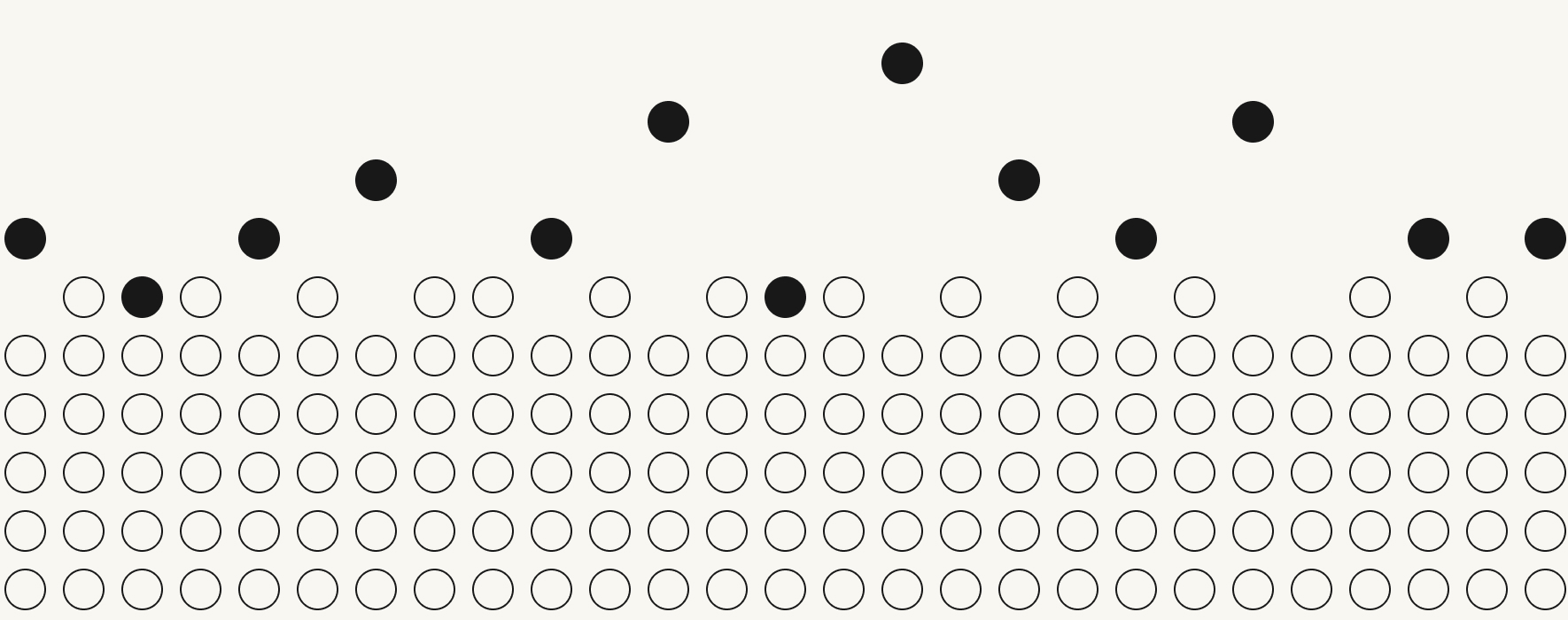
When we looked into why strategy execution so often fails, one issue kept coming up. Product teams were struggling with feature prioritization. Even with a clear vision and solid goals, execution fell apart because of shifting priorities, clashing stakeholder demands, and pressure to focus on short-term wins.
Most teams lacked a reliable best practice for prioritization. The result was wasted time, reduced morale, and a disconnect between product plans and business strategy. Teams were overwhelmed by shifting priorities, endless debates, and last-minute pivots. Many team members grew detached and apathetic.
To address this, we developed the SxD Prioritization Method, a structured approach to decision-making that aligns business goals, customer value, and development effort. It gives teams an objective way to prioritize what matters most, reduce noise, and stop wasting energy on reactive decisions.
This method is part of a broader framework to help teams build products that support strategic execution, not just ship features.
In our conversations with product leaders and cross-functional teams, we consistently saw the same four challenges causing prioritization breakdowns:
1. Competing Priorities and Stakeholder Conflicts Product teams are pulled in different directions. Sales, engineering, design, leadership, and even customers all want different things. Without a clear framework, prioritization becomes political—and progress stalls.
2. Balancing Short-Term and Long-Term Initiatives Teams default to the urgent. Foundational or innovative work is sidelined in favor of incremental fixes or short-term metrics. The result is a product that never evolves.
3. Technical Effort and Feasibility Even when teams estimate effort well, they struggle to weigh it against potential customer impact. Complex features often move forward due to influence, not value.
4. Customer Feedback Complexity Raw feedback is overwhelming and conflicting. Teams need a way to categorize and interpret it so they can focus on what matters most.
The SxD Prioritization Method was built to address these four realities.
The SxD Prioritization Method helps teams decide which validated ideas to build first, not whether an idea is worth building. Every idea should already be grounded in customer discovery, market research, problem reframing, or early prototyping.
This is a ranking method, not a filter. It helps teams make smart trade-offs between impact and effort and move forward with confidence.
At the core of the SxD Prioritization Method are three dimensions:
Customer Value – How much users care about a given feature or benefit
Business Goal Fit – How well the feature supports your current strategic priorities
Development Effort – How complex or costly it is to build and deliver
We guide teams through a structured, transparent process using these dimensions. Rather than scoring features in isolation or debating them endlessly, teams learn to:
We also encourage teams to use tools like MoSCoW banding and portfolio shaping to stay focused and keep their roadmaps balanced.
If you would like to learn more about the full method, including templates, scoring models, and ways to apply it in your organization, we are happy to offer support through collaborative sessions or informal conversations.
If you're curious about how to apply the full SxD Prioritization Method, we offer support through collaborative sessions and workshops. These can include:
Let us know if you'd like to explore this further together.
Want to experience this in action?
Join our Innovation Workshop where we guide product managers and design leaders through the Strategy by Design framework. Learn how to bring strategy to life in your own organization.
Learn more about the workshop